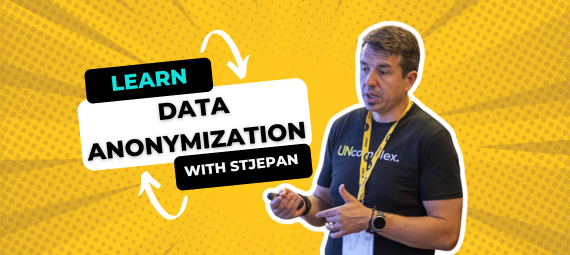Author: Josip Osrecki
When discussing technologies where you may experience difficulties finding suitable candidates, outsourcing the responsibility for (part) of your solution can be a good idea.
For us, having a team with tremendous DataPower knowledge and experience, offering managed services came naturally. Being able to offer our clients access to not only one consultant, but an entire team of experts for a monthly fee that will not eat up a massive chunk of the budget just seemed to make sense.
It all began back when we started working with DataPower in the UK several years ago. We observed a lot of ineffective patterns and practices that could easily be avoided, such as lack of certificate management, propagation of changes across the environment, user audit, or even missing source code management.
As we gained more and more clients, we found ourselves working with other companies, including IBM’s DataPower team, who offered similar services, and we learned that we were not the only ones struggling with these kinds of issues.
However, what did set us apart was the experienced experts on our team, like Tyler Hayward and Vedran Vidović, who have more than 20 years of combined experience on projects across the US, Europe, the Middle East, and South Africa.
As our team grew to a dozen people, ideas started to flow. Having different backgrounds (security engineers, Java developers, system admins), our primary goal was to combine our knowledge and create a scalable solution that would bring DataPower deployment, development, and maintenance up to modern standards.
This meant avoiding manual upload of files to the appliance, painful versioning of tens of thousands line long XMLs, and most importantly – making sure that we build a Continuous Integration pipeline as we would in a typical software development project.
In short order, we created an IntelliJ plugin that allowed us to instantly upload changes to the appliance and we built a light framework to automate building of services. Git, Jenkins, Docker, and Gradle scripts did the rest. We applied similar principles to API Connect installations with the same great result. Considering how much time this has saved and how much easier the code became to read, it instantly made using a console or even a “manual” SOMA interface look archaic.
In the end, this offering has allowed us to be more flexible when it comes to providing support for our clients. It also means that we have a lot more to offer to the ones that have just decided to go with IBM’s DataPower solution, as we can ensure that good practices and tools are used from the start. Feel free to give us a call if you need help.



